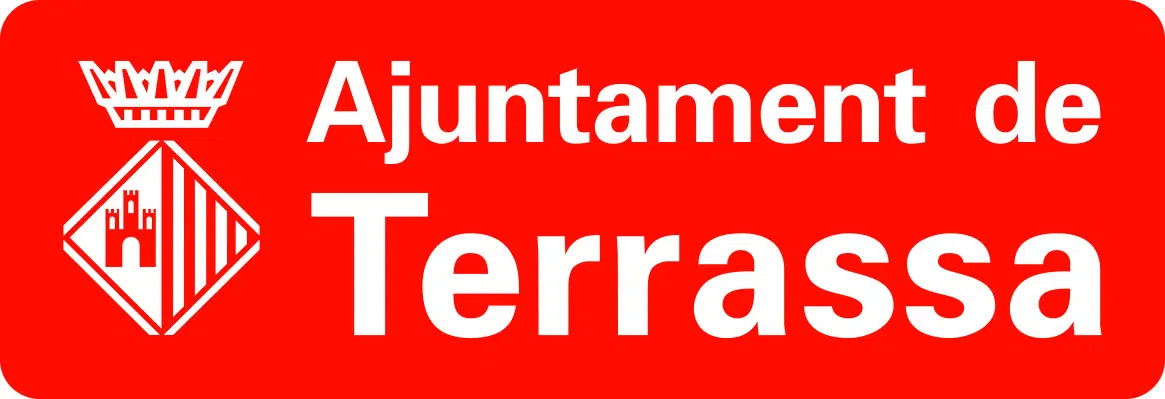Good Practice
POLICY OBJECTIVE
Promote co-responsibility at home through various kinds of actions aimed at making domestic work more visible and ensuring that housework such as cleaning, shopping, ironing, care for children and the elderly, etc. is divided such that free time is more evenly distributed among women and men.
CONTEXT
Better distribution of time among men and women.
POLICY DESCRIPTION
The Department of Gender Policies organises actions to promote co-responsibility at home.
These actions aim to make domestic work more visible and ensure that housework such as cleaning, shopping, ironing, care for children and the elderly, etc. is distributed so that free time is more evenly distributed among women and men. These actions include:
- “Share to enjoy”, an exhibition shown in several of the city’s libraries and civic centres. In addition, schools, associations and entities can request the exhibition for temporary display.
- “Get involved at home, you win!”, a workshop activity led by the Educational Guide in collaboration with the Education Service.
- The city’s various public and subsidised schools can request this workshop, geared towards primary school students, by contacting the Gender Policy Service. Puzzles and calendars are periodically printed in poster format for schools and children’s leisure.
KEY ASPECTS
a Communication is fundamental to reach our target public. Diverse communication channels are key to reaching schools, entities and associations and ensuring massive participation in activities.
The main communication channels of this policy are:
- Public presentations of a guide of educational activities (education dept. of Terrassa City Council) in which city schools can choose the workshops which they wish to impart
- Official website
- Social media
RESULTS
The benecificiaries have been very positively impacted. Despite a lack of measurable traceability, feedback from subsequent meetings was very positive about the project’s visibility and applicability. A total of 387 students (234 girls and 152 boys), participated between 2017 and 2021.





